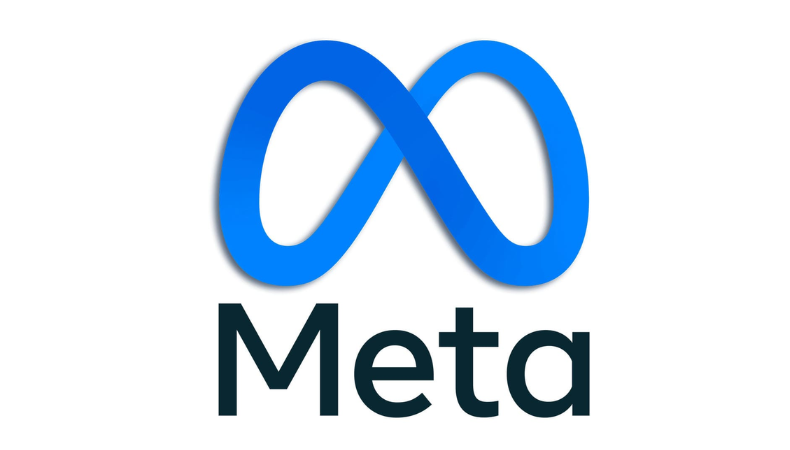Meta Cracks Down on Antisemitic “Zionist” Attacks: New Hate Speech Policy Update

The parent company of Meta, Facebook, and Instagram has suddenly revised its hate speech policy to particularly target postings using the word “Zionist.” This significant change aims to straighten the concerning trend of “Zionist” being used as a hidden attack on Jews and Israelis. Tightening its rules, Meta seeks to offset the rising tsunami of antisemitic speech on its outlets.
From political term to stand-in for hate speech
Traditionally, individuals who support the formation and maintenance of an Israelian Jewish nation have been labeled as “Zionist”. Meta has observed, however, a worrying trend: the phrase is being weaponized more and more to propagate antisemitic ideas and motivate violence aimed against Jews and Israelis. Beyond fair political discourse into a perilous realm, its exploitation molds a political word into a weapon for advancing hate and intolerance.
New Rules: Dealing with Hidden Hate
Meta’s updated policy has specific guidelines aimed to prevent “Zionist” from being applied in negative contexts. Content promoting dehumanization—that which likens Jews or Israelis to subhuman objects—will be deleted. Historically, demeaning rhetoric has come before violence; allowing such speech to proliferate online can lead to real harm. Posts supporting physical violence directed against Jews or Israelis are strictly prohibited. Meta seeks to stop discourse encouraging violence so as to create a safer online environment.
Any attempt to reduce the existence right of Jews or Israelis will be denied. Such materials threatens the fundamental human rights of these people and endorses destructive ideologies. Using harsh generalizations about Jews or their domination of power is really illegal. Meta is committed to stop the spread of negative stereotypes since they encourage prejudice and lead to incorrect ideas. These new rules clearly show Meta would not tolerate hate speech passing for political criticism. The company is adamantly rejecting the use name “Zionist” to ensure that hate is not disseminated via its sites.
Juggling Free Expression and Safety
Meta’s policy shift seeks to strike a cautious balance between protecting free expression and ensuring a secure online environment. The company understands the need of allowing users critique Zionism and Israeli policy even if it is equally committed to combat hate speech. Users are still free to argue about Zionism, but any unpleasant remarks passing for political debate will be removed. The intention is to protect individuals against harmful words and ensure that honest political discussions are not stifled.
Reactions and inquiries
Opinions on the policy modification have come from numerous directions. Some groups and individuals have praised Meta for her relentless resistance against antisemitism. They view the change as the necessary first step to protect impoverished groups and preventing hate speech from spreading on the internet. Some, on the other hand, have expressed concerns about the prospect of stifling legitimate political discourse. They worry that the policy could be carried out too widely, therefore restricting important discussions on Israeli policies and Zionism.
Dealing with Critics
Meta has stressed in order to address these problems the importance of openness and consistency in implementing its changed strategy. The company has promised to ensure that the policy is regularly and equitably applied, therefore preventing hate speech without unjustly restricting free expression. Meta also intends to engage with stakeholders, including free speech activists and community groups, thus ensuring that the policy is successful in eradicating online antisemitism while respecting the values of free speech.
The More General Background of Online Hate Speech
The switch to Meta’s hate speech policy is in line with mounting concern on the spread of hate speech on the internet and misleading information. Social media outlets have come under review for their attempts to fix issues and for their amplification of bad content. By adjusting its policy, Meta is pro-actively addressing one component of this more widespread problem.
Looking Ahead: The Part Collective Responsibility Plays
Meta emphasizes that even although she acknowledges artificial intelligence could change reality, the company does not share all the responsibility for addressing these issues. Users also have to be critical information consumers who question the sources and possible prejudices of what they come across on the internet. Encouragement of media literacy helps people to discern between factual facts and lies and manage the digital terrain more deftly.
Tech companies like as Meta should also be more transparent about the data and algorithms they use. Transparency in the development and application of artificial intelligence encourages responsibility and confidence by allowing people to understand the processes behind the stuff they come across. Transparency is fundamental to Meta’s approach; the company publishes studies on algorithmic fairness and provides complete justifications of its artificial intelligence algorithms.
Keep on Reading
Governments also have a role to play in setting policies guaranteeing responsible artificial intelligence development and implementation. Reducing the risks related to artificial intelligence technology depends on legislative frameworks that give ethical AI activities top priority and defend user rights top importance. Authorities, business leaders, public society, and law enforcement working together could produce comprehensive policies that combine social welfare with creativity.
The Future: Cooperation and Imagination
Appreciating the distortions and working together will help us to optimize artificial intelligence possibilities free from distortions of reality. Ethical and responsible artificial intelligence depends on ongoing invention, robust defenses, and public good commitment. Every participant has to be vigilant and forceful in addressing the opportunities and challenges this shifting technology offers. Working together and under shared responsibility can help us shape an AI-driven future preserving truth, justice, and inclusiveness.








